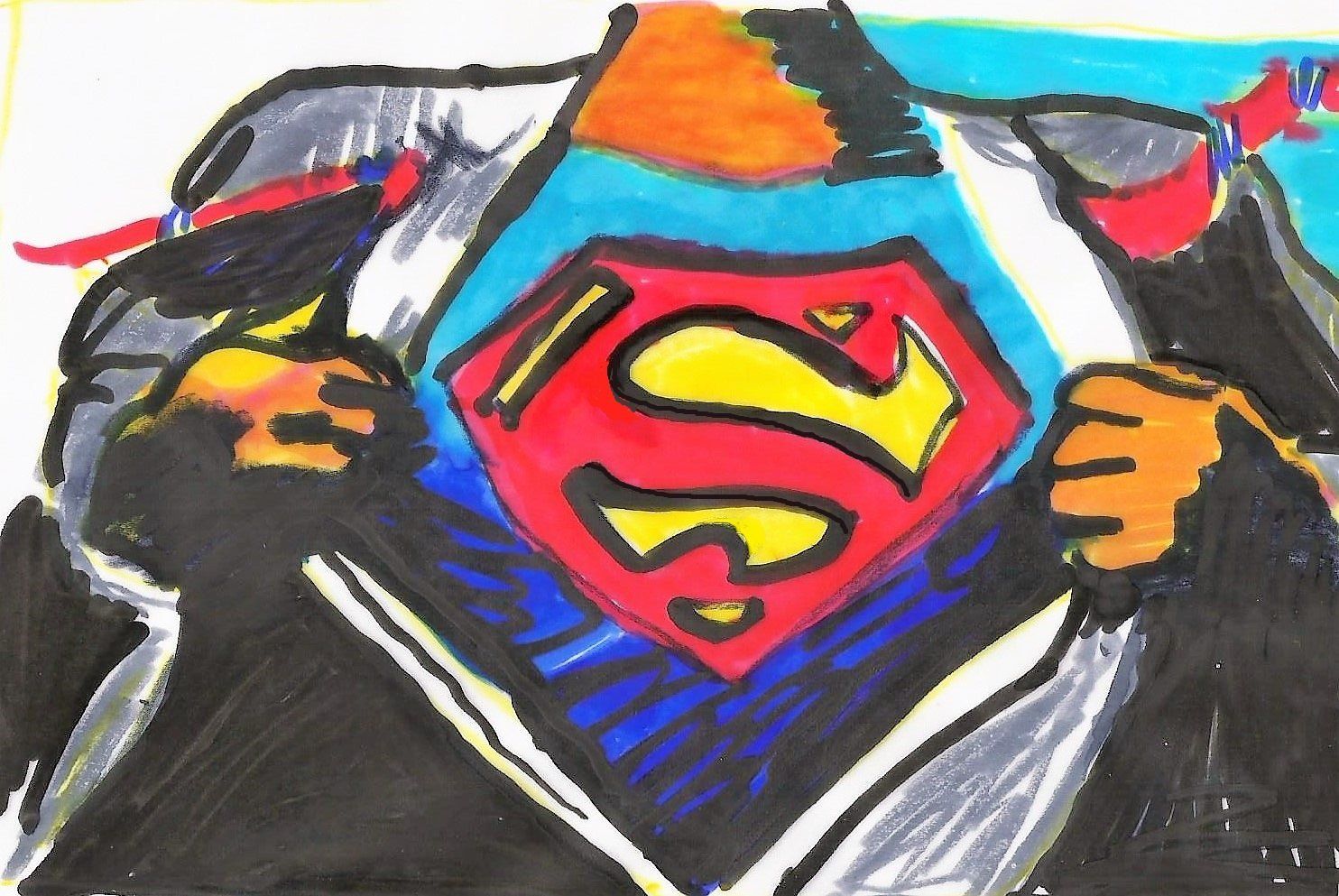Holding out for a Hero?
- by Andrew Parkinson
- •
- 02 Feb, 2018
- •
Leadership and learning

I must have seen it written down somewhere recently, or heard it in a café perhaps, but that old Bonny Tyler song from the 80s, featured in the film Footloose, keeps running around in my head.
Where have all the good men gone
And where are all the gods?
Where's the streetwise Hercules to fight the rising odds?
Isn't there a white knight upon a fiery steed?
Late at night I toss and I turn
And I dream of what I need
I need a hero…
Online, in conversation and on TV, I keep coming across the sentiment that “what we lack” or “what we need” is “strong leadership”. I keep hearing it, whether in relation to organizations or to politics, as if what we really need right now is a white knight (note the colour, note the gender) to get us out of the “mess” we find ourselves in.
Russell Ackoff uses the word “mess” to refer to a system, or a set of interrelated problems. The complex challenges we are facing in the 21st century could certainly be thought of as a mess in this sense. Not linear or singular, but complex and messy. And that’s precisely why a leader who will sort things out, is precisely what we do not need. I think that what is needed more is a radically altered definition of leadership, one that speaks to the interrelatedness of our present predicament.
In the essay Leadership within the Paradox of Agency, included in her recent book, Small Arcs of Larger Circles, Nora Bateson asks “What is a leader in a complex system anyway? What is the ecology of leadership?” and argues that “there isn’t one”, finding instead that “our notions of leadership are toxic to the ecology of communication and collaboration in a social system”. In her alternative, “leadership for this era is not a role or a set of traits; it’s a zone of interrelational process” residing not “in a person but in an arena that can be occupied by offering specific wisdom to the needs of the community” and then “most importantly”, standing back. In her redefinition, the “obsolete but undead dream of heroes and rescuers pioneering innovations” is replaced by a context in which there is “the possibility of true cooperation and mutual learning.”





